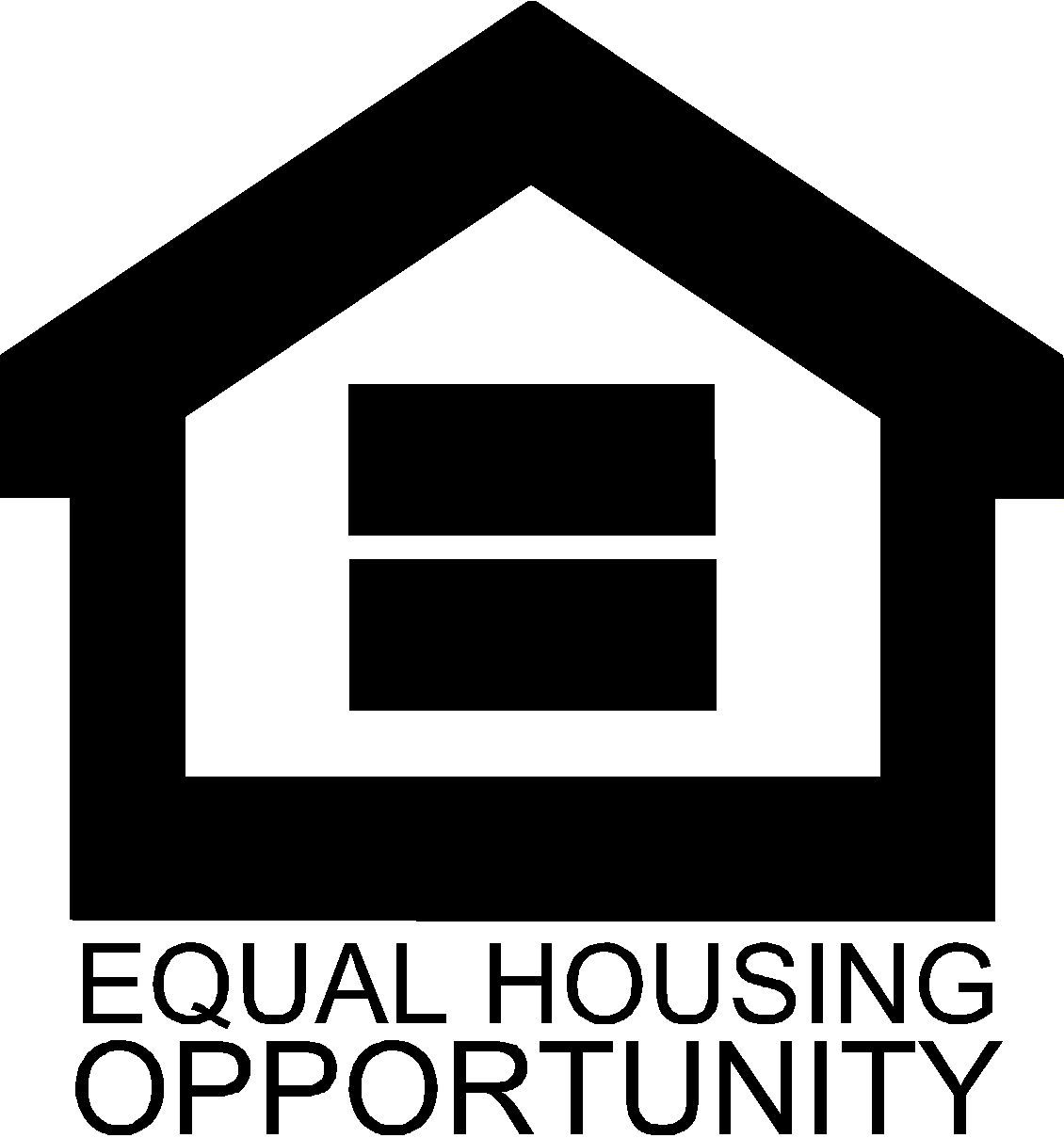Clark County, Washington
Mortgage Rate Alerts
Never Miss A Refinance
Opportunity
Always on mortgage monitoring without hurting your credit.
Instant email and text alerts.
A Better Mortgage In 3 Easy Steps
Sign up
Provide some basic info, no SSN required
Start getting alerts
For refinance via email and texts
Apply and close
The new loan and start saving money
1 Platform, 6 Refinance Alerts
01
Alert for Lower Rates
02
Alert for Cash Out
03
Alert for Shorter Term
04
Alert for Eliminating PMI
05
Alert for Product Changes
06
Alert for Changes in Home Value

Clark Real Estate Market Update
Clark County, Washington, has experienced a steady increase in home values, with the average home price reaching $536,000, reflecting a 1.7% rise over the past year. This trend indicates a competitive real estate market where homes typically go pending in about 20 days.
The largest city in Clark County is Vancouver, with a population of approximately 198,163. Other notable cities include Orchards, with a population of 30,824, and Camas, which has about 27,518 residents. These cities contribute significantly to the county's overall population and economic activities.
Clark County offers a mix of rural and suburban living, with a significant portion of its area dedicated to agriculture and open spaces. The county's economy is diverse, with top industries including manufacturing, healthcare, and technology. Many residents are drawn to Clark County due to its proximity to Portland, Oregon, offering a suburban lifestyle with access to urban amenities. This has led to migration patterns where people move from Portland to Clark County for more affordable housing and a quieter lifestyle.
2025 Mortgage Loan Limits:
Clark County, Washington
1 Unit
$806,500
Conforming Loans
$695,750
FHA Loans
2 Unit
$1,032,650
Conforming Loans
$890,700
FHA Loans
3 Unit
$1,248,150
Conforming Loans
$1,076,650
FHA Loans
4 Unit
$1,551,250
Conforming Loans
$1,338,000
FHA Loans
Questions About Refinancing in
Clark County
What is mortgage refinancing?
Refinancing is the process of replacing your current mortgage with a new one, often to secure a lower interest rate or change the loan terms.When should I consider refinancing?
Consider refinancing when interest rates drop, your credit score improves, or you want to switch from an adjustable-rate to a fixed-rate mortgage.How much does it cost to refinance?
Refinancing costs typically range from 2% to 5% of the loan amount, including closing fees, appraisal, and title fees.How long does the refinancing process take?
The refinancing process usually takes between 30 to 45 days, but this can vary based on lender efficiency and document preparation.What are the benefits of refinancing?
Refinancing can lower your monthly payments, reduce interest rates, shorten loan terms, or allow you to tap into home equity.What is cash-out refinancing?
Cash-out refinancing allows you to take out a new loan for more than your current mortgage balance and receive the difference in cash.Will refinancing hurt my credit?
Refinancing may cause a temporary dip in your credit score due to the hard inquiry, but the impact is usually minor and short-term.Can I refinance with bad credit?
It may be harder to qualify, but some lenders offer refinancing options for people with lower credit scores, though they often come with higher interest rates.How much equity do I need to refinance?
Most lenders require you to have at least 20% equity in your home to qualify for refinancing, though some programs may allow for lower equity percentages.Is it possible to refinance a rental property?
Yes, you can refinance an investment or rental property, though the terms and interest rates may be different compared to refinancing a primary residence.
Never Miss A Refinance Opportunity
Always on mortgage monitoring. Instant email and text alerts.

